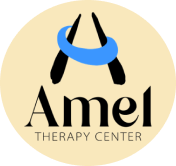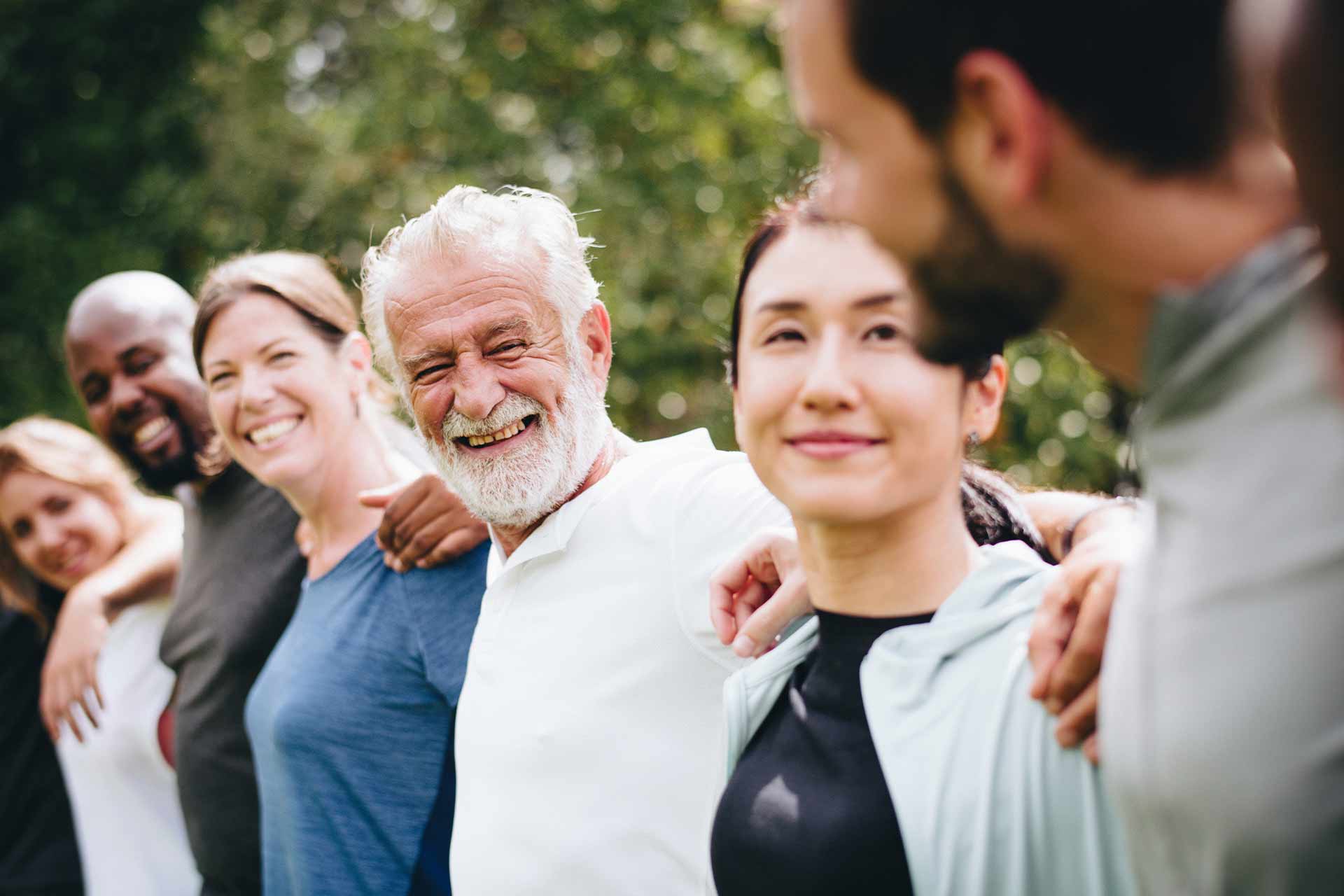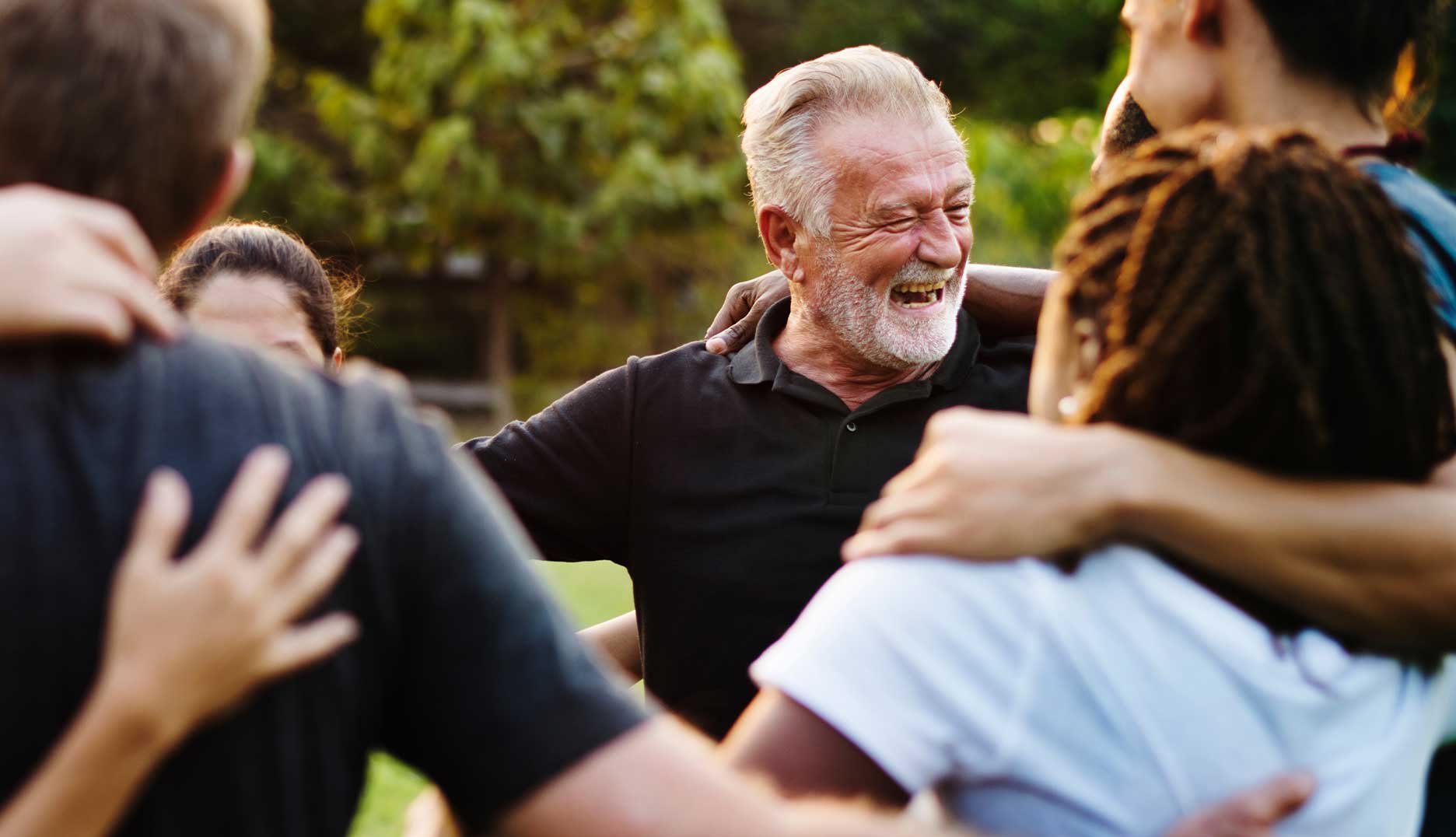Addiction is a complex but treatable disorder that impacts not just the individual but also their loved ones. At Amel Therapy Center in Lake Worth, FL, we emphasize the essential roles of family and community in the recovery journey. This post delves into effective strategies for support and highlights the significance of collective efforts in achieving and maintaining sobriety.
Family Involvement in Addiction Recovery
Family dynamics play a significant role in both the development and recovery from addiction. Families can significantly enhance the likelihood of successful outcomes by becoming actively involved in the recovery process. Understanding addiction as a disease is foundational.
Through educational programs, families gain insights that enable them to provide better support. Family therapy emerges as another key component, facilitating healing and improving communication within the household. This creates a supportive home environment that can greatly assist in recovery efforts.
Enhancing Recovery through Community Support Systems
A supportive community serves as a cornerstone for sustainable recovery. In Lake Worth, FL, the presence of robust community resources strengthens the recovery process by providing various forms of support.
Local support groups and recovery programs, such as Alcoholics Anonymous or Narcotics Anonymous, offer a platform for sharing experiences and receiving peer support. Additionally, community health resources, including local health clinics and wellness workshops, contribute to a holistic approach to recovery.
Faith-based organizations and community centers also play vital roles, offering programs that extend beyond traditional recovery services.
Effective Support Strategies for Family and Friends in Recovery
Family and friends’ support is invaluable in the recovery process. Providing emotional support involves being present, offering a listening ear without judgment, and showing empathy and encouragement.
Physical support might include accompanying the recovering individual to meetings, assisting with transportation, or helping manage daily responsibilities, which ease their stress. Encouraging the individual to engage in healthy lifestyles and hobbies also plays a critical role in reducing stress and improving overall health, which are essential for recovery.
Community Involvement’s Impact on Sustaining Long-term Sobriety
Active community involvement is important for maintaining long-term sobriety. Engaging in community-sponsored sober activities helps promote a lifestyle free from addiction. The community’s role in providing a network of accountability and support cannot be overstated. This network helps recognize the signs of potential setbacks and offers continuous encouragement, which is vital for preventing relapses and promoting long-term wellness.
Navigating Challenges in Supporting Recovery
Supporting recovery presents various challenges, including dealing with the stigma associated with addiction and navigating personal feelings of hurt. Families and communities might also face challenges in addressing relapses, which are not uncommon. Providing education on how to manage these situations effectively is important for maintaining the support needed during the recovery process.
The Collective Effort in Addiction Recovery
Recovery from addiction is a collective journey that thrives with strong support from both family and community. At Amel Therapy Center, we encourage everyone in Lake Worth to get involved, whether by participating in support meetings, volunteering, or spreading awareness about the importance of support in recovery.
Get Support with Amel Therapy Center
Amel Therapy Center offers a comprehensive range of services and referrals to local resources for those in Lake Worth looking to get more involved or seeking assistance. These are designed to support families and communities in the recovery process, enhancing both individual and collective well-being.







